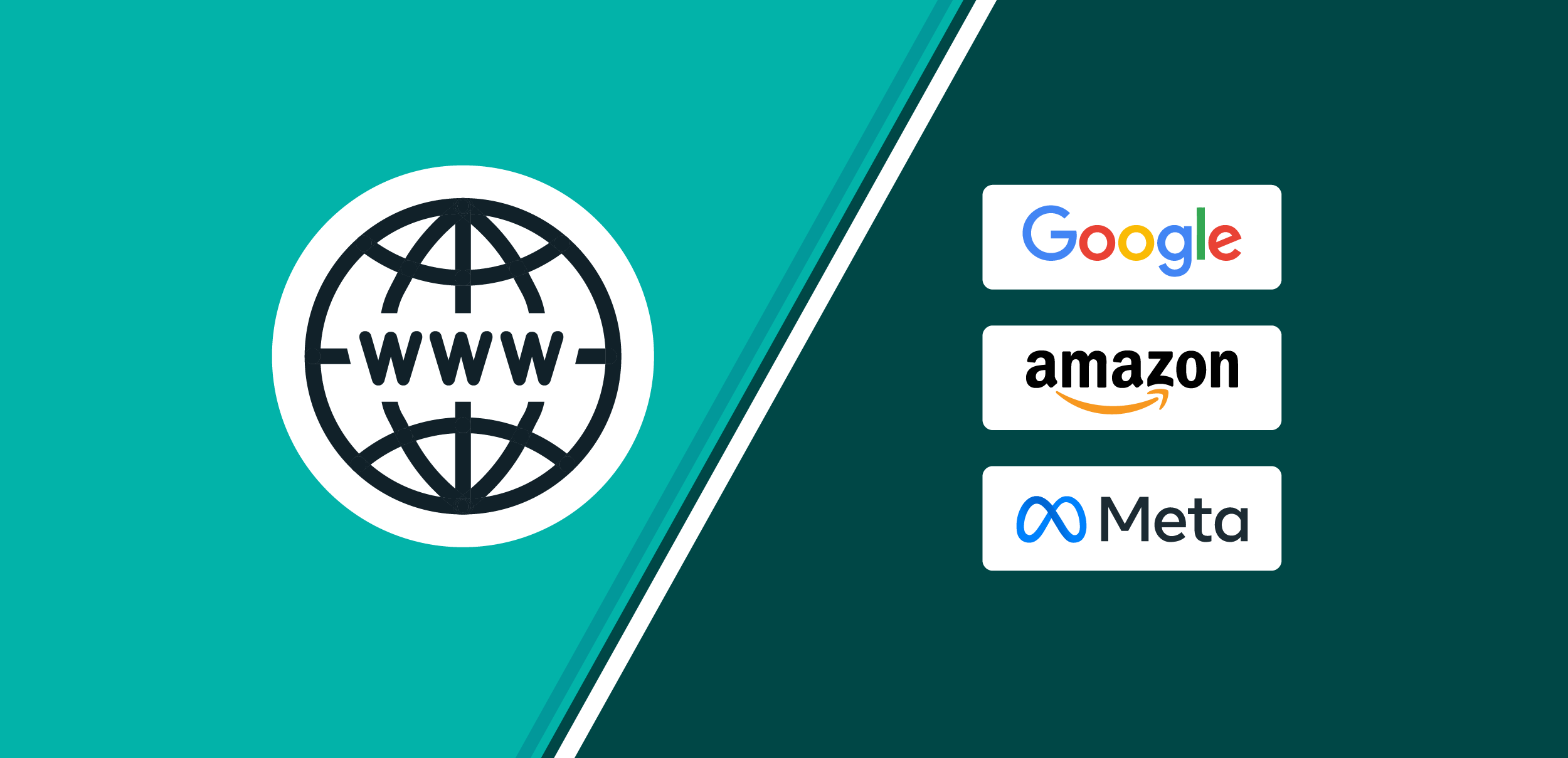The Open Internet and Direct Deals are Making a Quiet Comeback
By Asaf Shamly | October 8, 2024

Since 2021, open programmatic ad spending has barely grown by 3% while the walled gardens – think Google and Amazon – have surged ahead with 10% growth. This gap raises questions about the future of the open internet. But, against this data, there are signs this landscape may become more balanced.
A closer look at a natural evolution
The open internet and programmatic advertising relationship status has always been “complicated”. For a long time, the balance of power has tilted in favor of walled gardens. This isn’t surprising or sudden. It’s a natural consequence of market consolidation. However, there are indications of a change in trend.
Take for example Connected TV (CTV) advertising. It has emerged as a powerful force, combining the reach of traditional media with the precision of digital targeting. This has opened up new opportunities for the open internet to compete. Companies like The Trade Desk are leading the change, demonstrating the potential for the open internet to regain ground.
Shifting back to direct deals?
Now here’s the interesting part – we’re seeing more publishers and brands moving back to direct deals. Why? Programmatic, while great for scale, often leaves publishers with less profit because of all of the middlemen involved. Brands, especially the big ones, are moving back to direct deals also because they love the transparency of knowing exactly what they’re buying and from whom. Big publishers are increasingly recognizing this shift and seizing that opportunity to take back control of their ad inventory.
The fall of MFA publishers
The decline of Made for Advertising (MFA) publishers has also contributed to this shift towards direct deals. These publishers often rely on arbitrage, acquiring users without offering substantial value. As brands and agencies became aware of the inefficiencies associated with MFA publishers, they began to allocate their budgets elsewhere.
This realization has only pushed big brands further towards direct deals.
After all, why gamble with MFA publishers when you can strike a deal directly with a trusted, high-quality publisher? It’s a much more straightforward and effective strategy for everyone involved.
What’s next?
The ongoing Google antitrust trial could have a significant impact on the future of adtech. A potential breakup of Google’s ad business could create a more level playing field for smaller supply-side platforms (SSPs) and demand-side platforms (DSPs), as well as potentially driving more publishers toward direct deals. This would further empower the open internet by giving publishers greater control over their ad inventory and reducing the dominance of the walled gardens.
Latest Articles
-

The Vanishing Web: What Google’s Admission Really Means for Advertisers
For years, Google insisted the open web was thriving. Then, in a legal filing, it admitted the opposite. For advertisers, the real risk isn’t where ads run, but how much of what happens around them can still be seen, understood, and measured.
View Now -

What the RSL Standard Signals About the Future of Visibility in 2026
When Reddit, Yahoo, Medium, and several of the web’s biggest content platforms announced a new Really Simple Licensing (RSL) standard, most coverage focused on the politics: platforms finally demanding compensation from AI companies; a new legal framework for training data; the good old open-web fight. But if you take one step back, something bigger comes into focus. For the first time, publishers are trying to engineer visibility - not for users, but for AI agents. And advertisers should be paying attention.
View Now -

When the Pipes Change, So Do the Rules: What OpenAds and AdCP Signal for Advertisers
Programmatic’s foundations are shifting. As control moves closer to publishers and planning logic becomes more open and inspectable, two developments - OpenAds and AdCP - are redefining how ad decisions are made. Together, they signal a new era where fewer intermediaries, clearer signals, and transparent coordination reshape the rules for advertisers.
View Now
